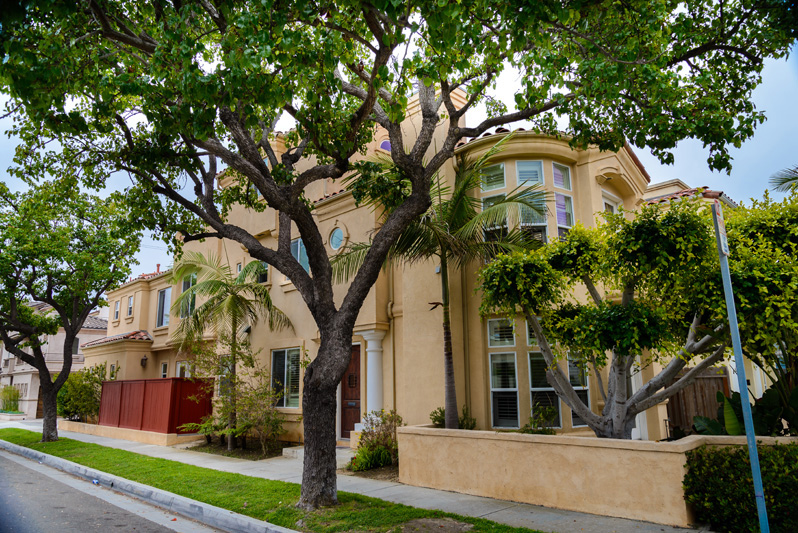Though everyone in addiction recovery progresses differently, there’s a direct correlation between time spent in treatment and sustained sobriety. If you discover you need extra support after you complete a treatment program, an aftercare plan that includes transitional living can help you succeed with all your goals.
Benefits of Transitional Living Homes
Spending 90 days or more in extended residential care is an accomplishment to be proud of, but you will need to carefully consider what your next steps should be. For many people, immediately trying to rush back into the “real world” can be overwhelming after the support and routine found in inpatient treatment.
In a transitional living home, you will find a comfortable environment surrounded by other men who are also in recovery and working on their sobriety one day at a time. Transitional living homes provide many valuable advantages during a vulnerable phase of your life.
1. A Substance-Free Environment
Relapse prevention is vital for people in addiction recovery. However, if you are newly out of rehab, any surroundings you can’t control may be too triggering – including the presence of alcohol or drugs. Transitional living removes this danger by requiring all residents to remain sober and substance-free.
2. Structure and Stability
Substance use disorders eventually bring adverse financial, personal and emotional consequences. You may not have a secure home to return to after finishing your residential care program, or perhaps the environment where you used to live isn’t conducive to long-term recovery. Transitional living can offer safety, consistency and the opportunity to continue participating in addiction and mental health treatment alongside life skills and vocational training.
3. A Chance to Make New Friends
The isolation, secrecy and denial necessary to maintain an active addiction can destroy the foundations of relationships. In transitional living, you can practice improving your social skills with a built-in peer group of people who are facing similar challenges. Because PACE Recovery Center’s programming is gender-specific, you can forge lasting relationships with men who will become like brothers.
4. Less Stress
Stress is a fact of life, but it’s something you should take every possible precaution to avoid in early recovery, since it can increase your risk of a relapse. Transitional living homes can provide a secure, less hectic environment with fewer potential triggers.
5. Reinforcing Healthy Habits
Addiction changes the brain in ways that can take some time to reverse. During addiction treatment, you can begin learning how to think and act differently. Still, forming new habits takes time, and your stay in transitional living can afford you the space and patience you need to make healthy routines feel more like second nature.
Transitional Living for Long-Term Rehab
Do you need extra time to acclimatize to a sober lifestyle and avoid relapse triggers before transitioning into fully independent living? PACE Recovery Center’s men’s-only transitional living can provide the solution you’re looking for. Don’t wait to get the help you need for your substance dependency. Contact us today to verify your insurance coverage and learn more about what our California treatment center can do for you.



